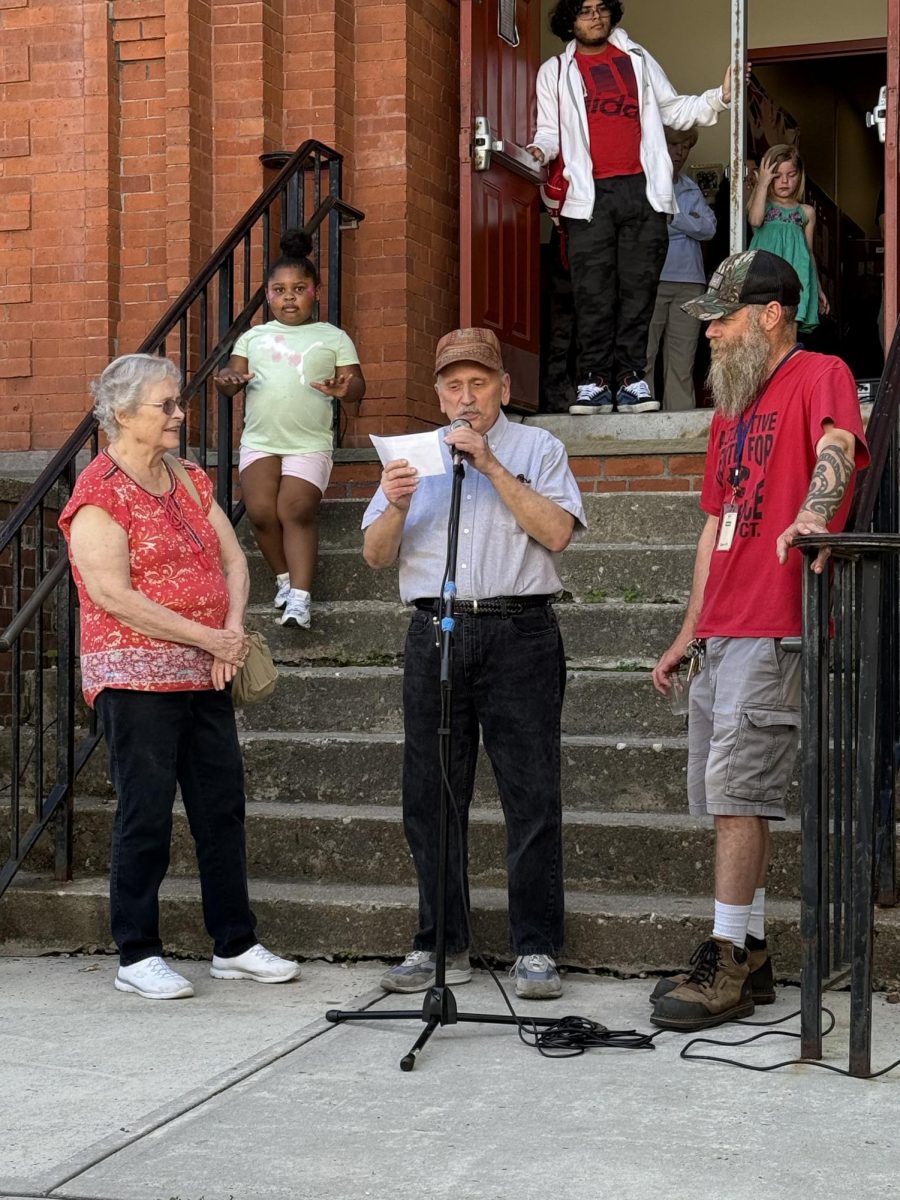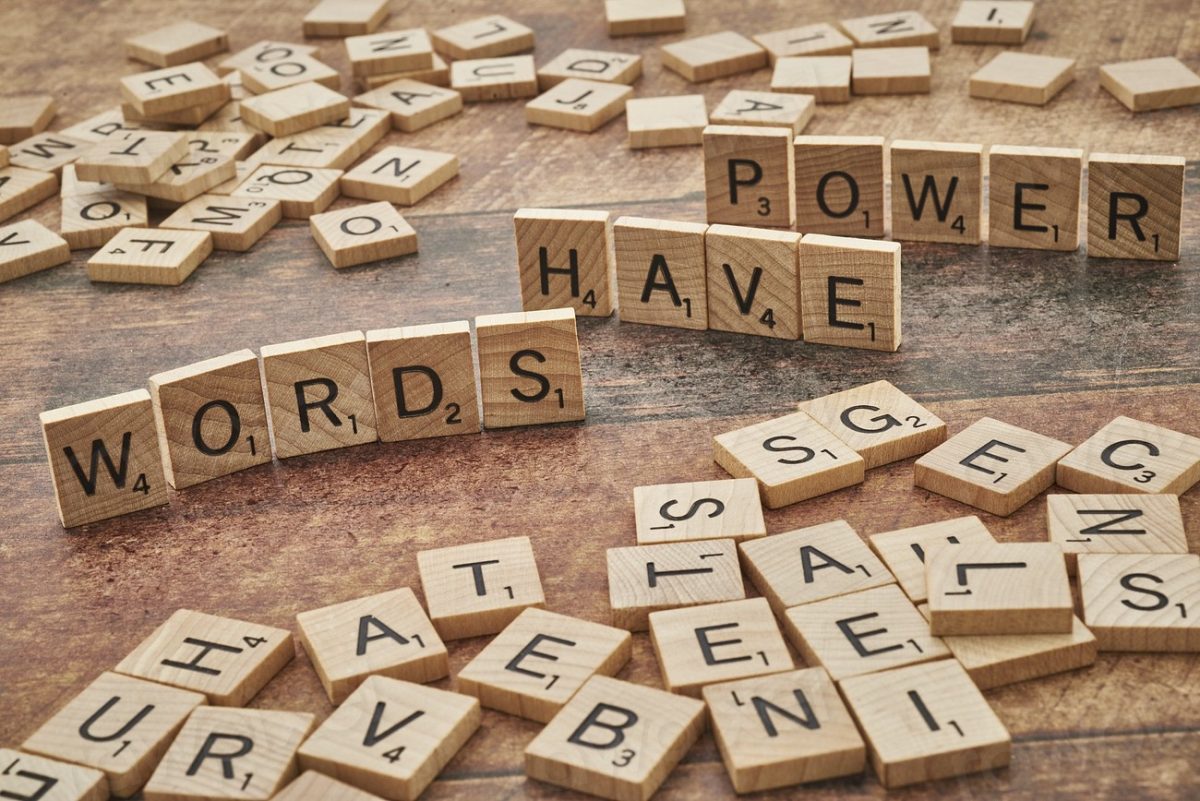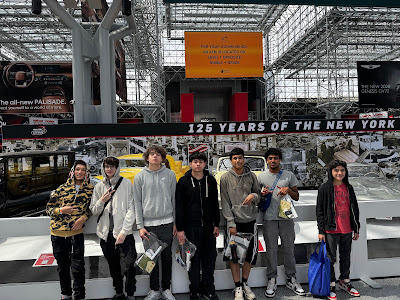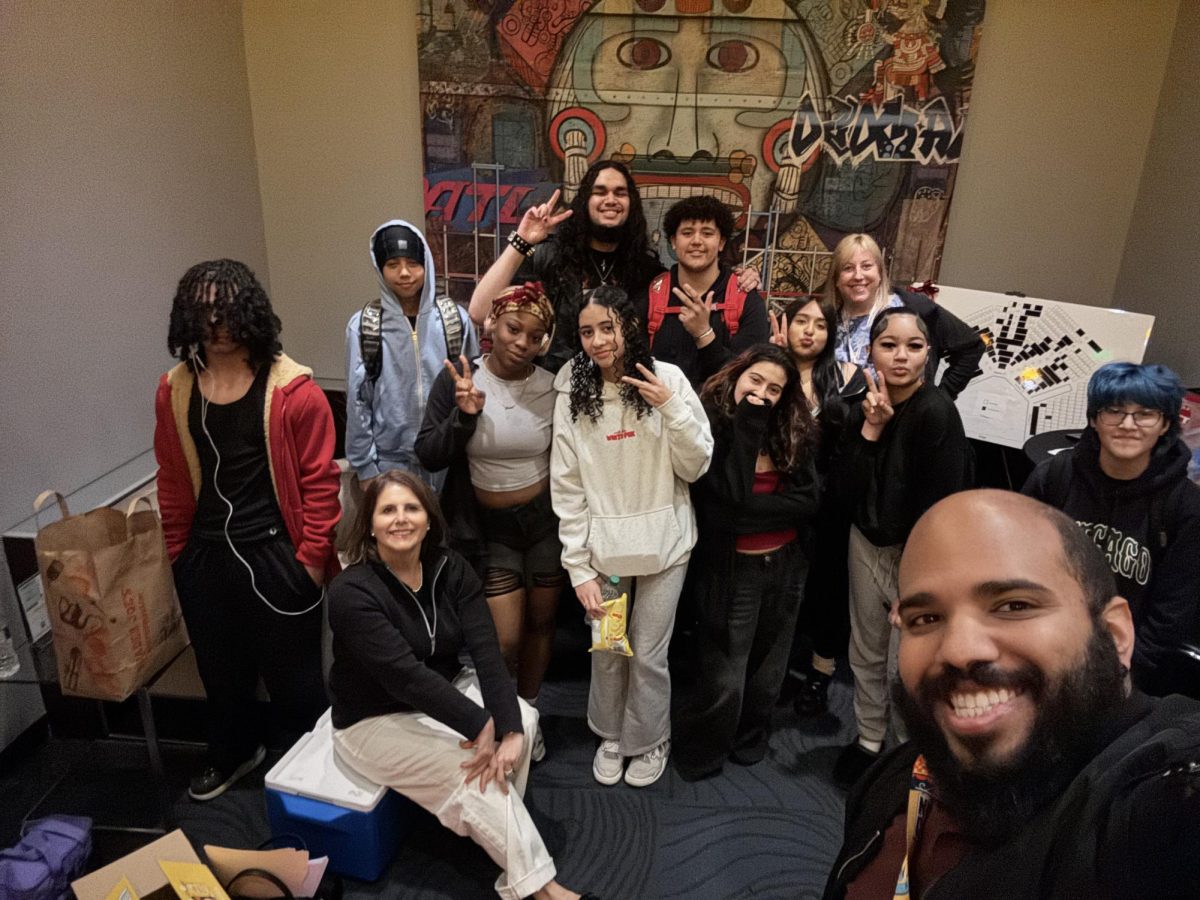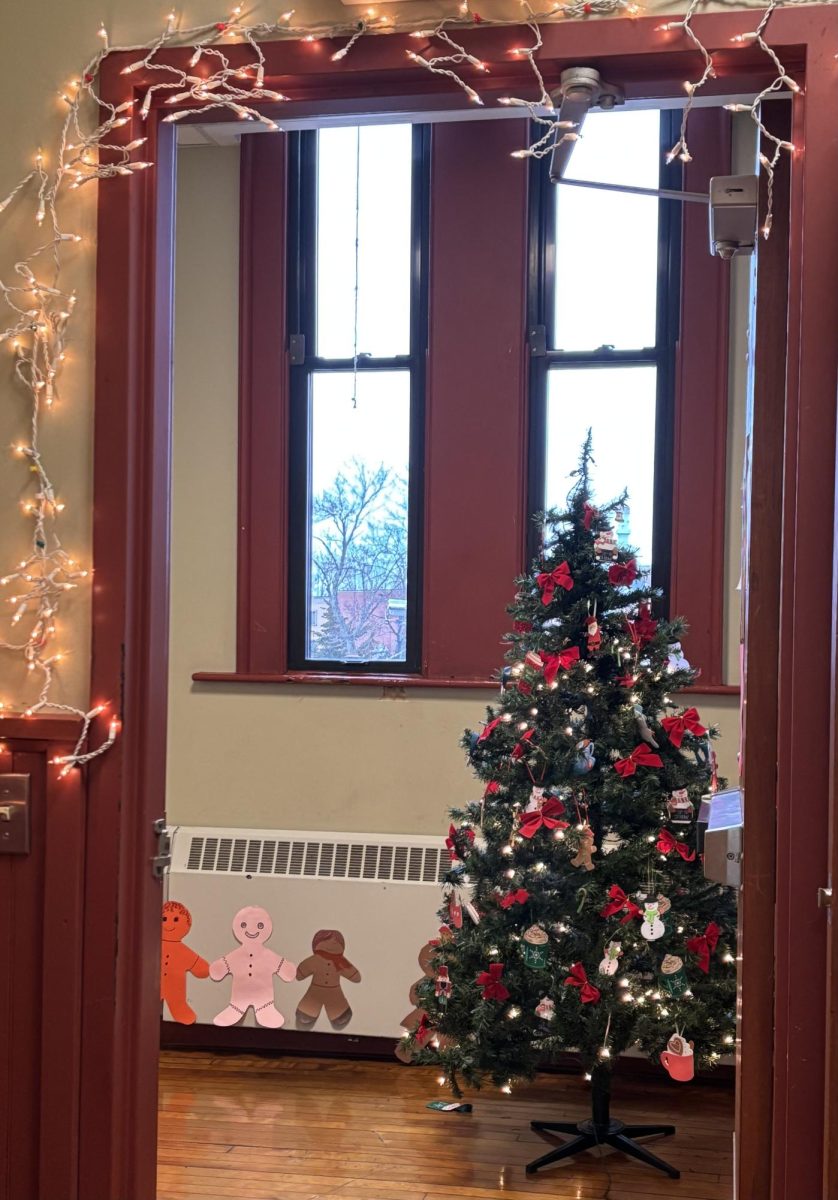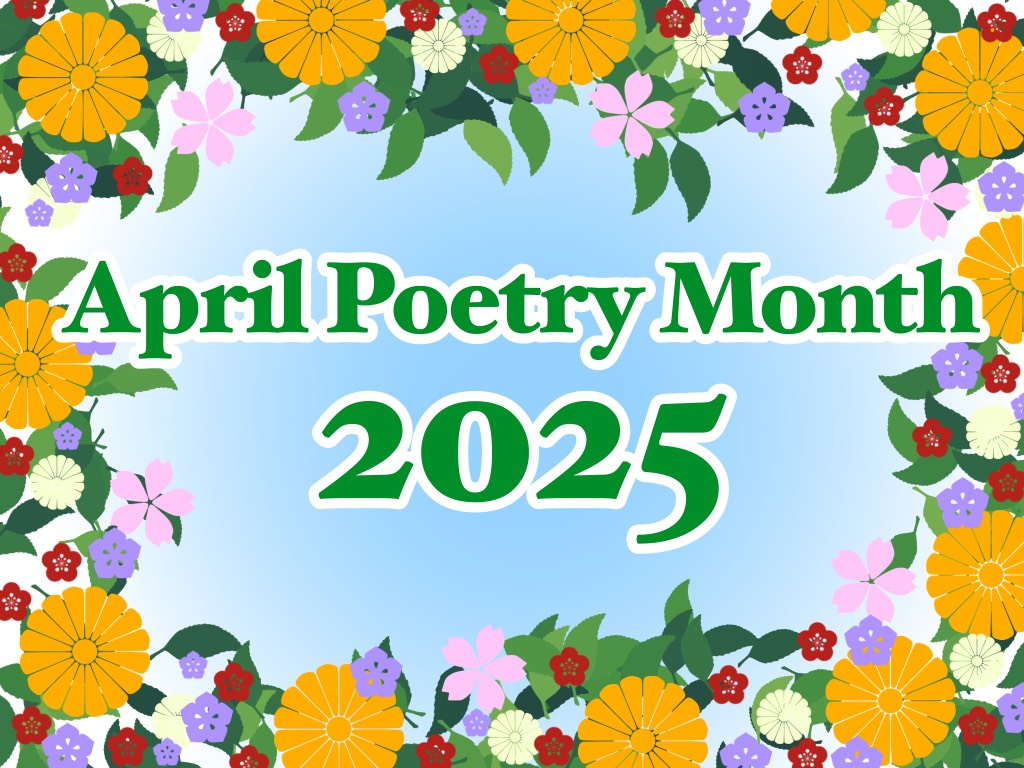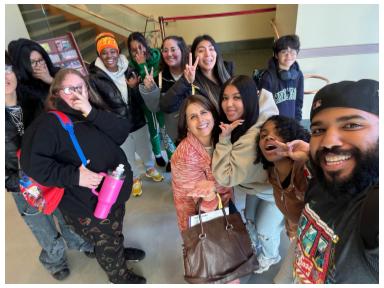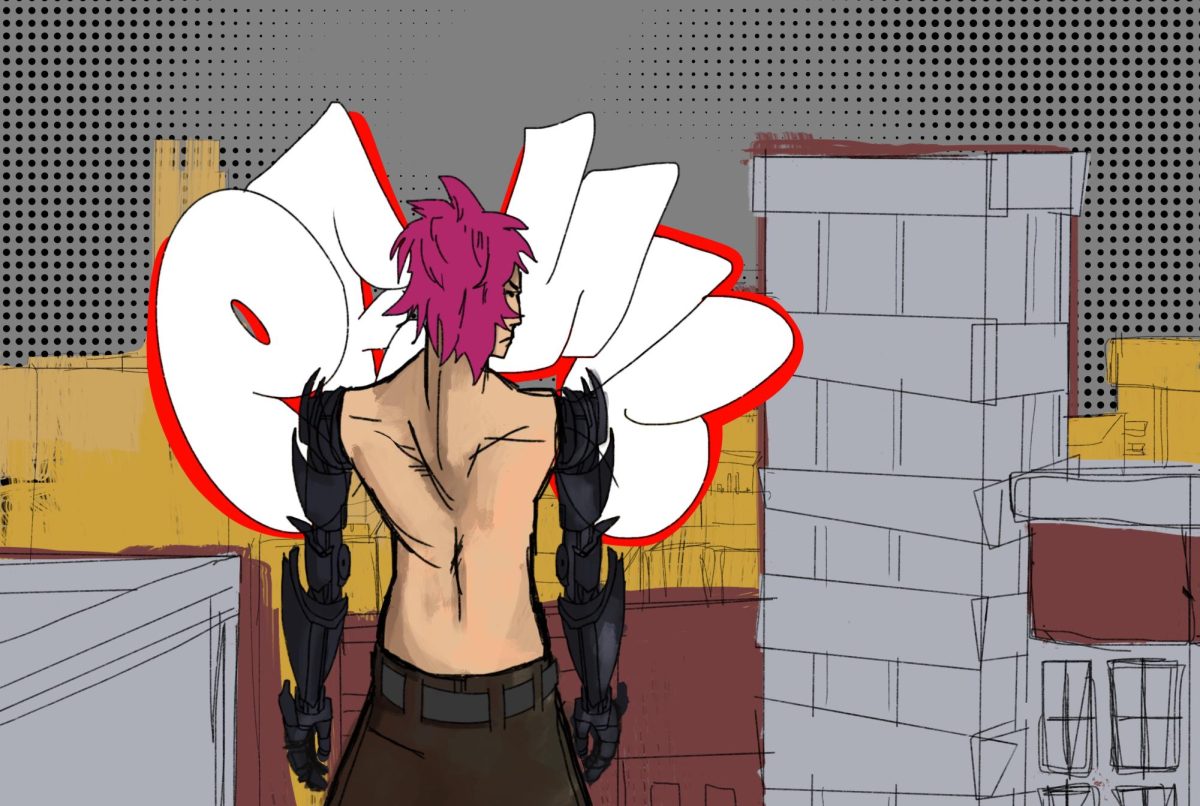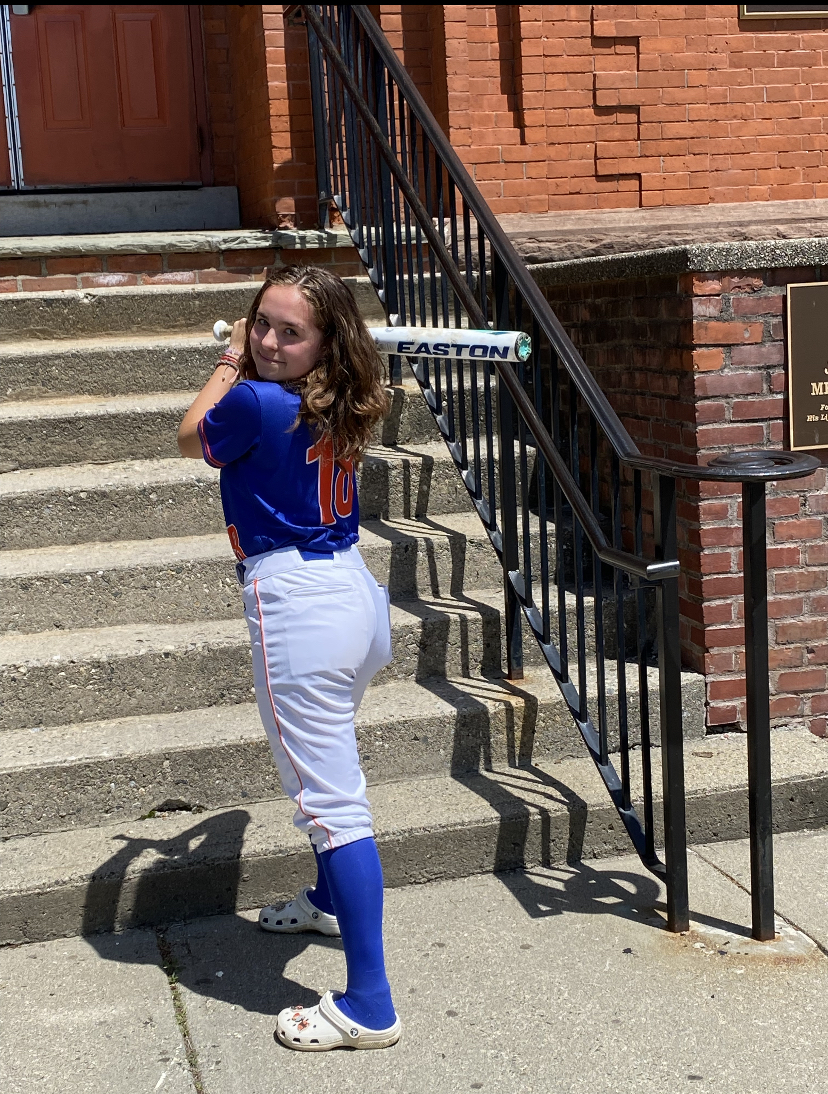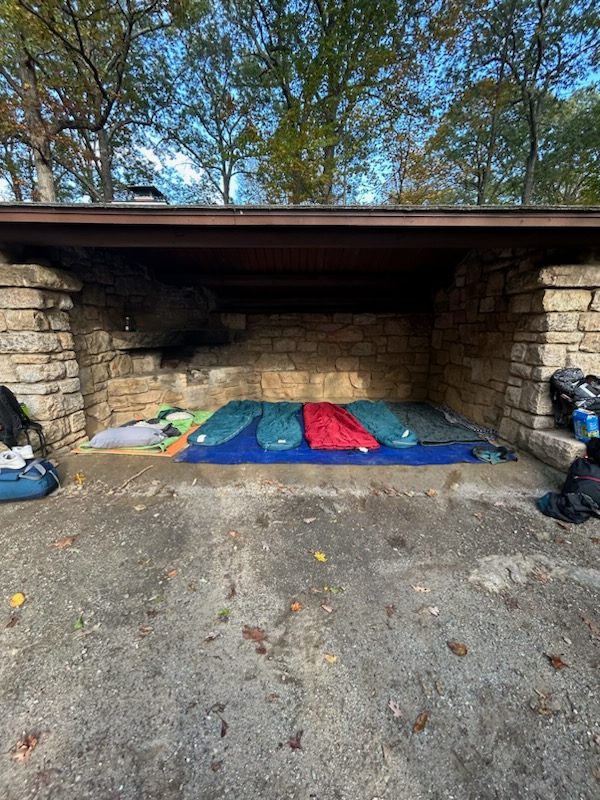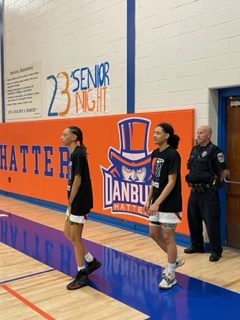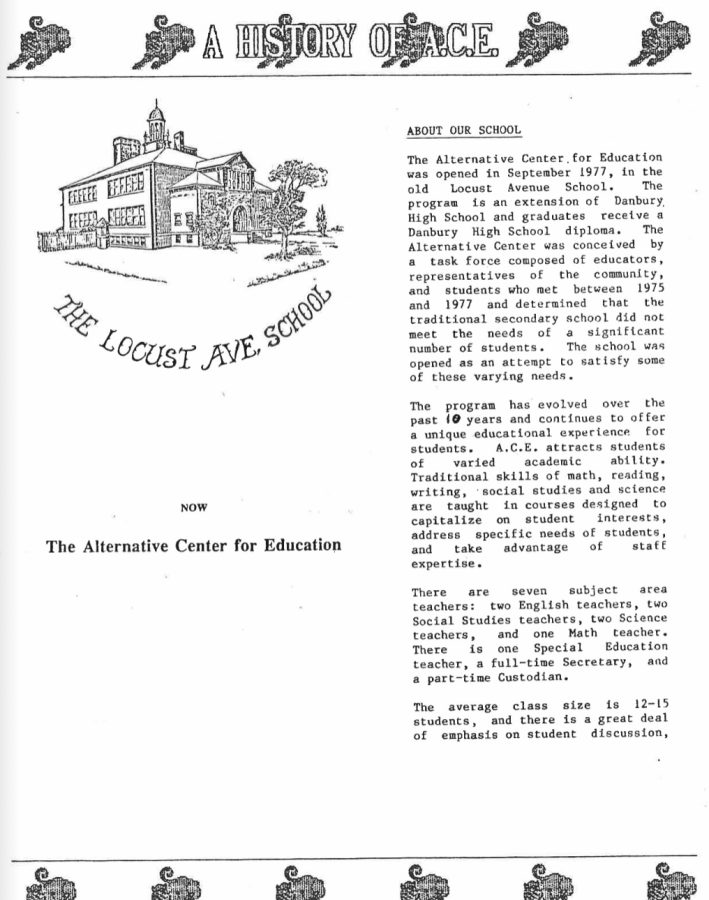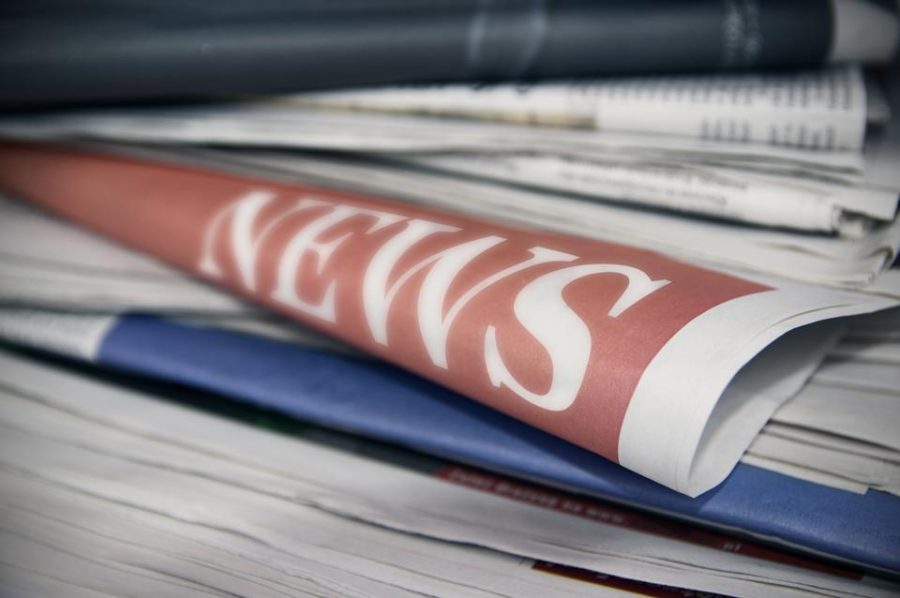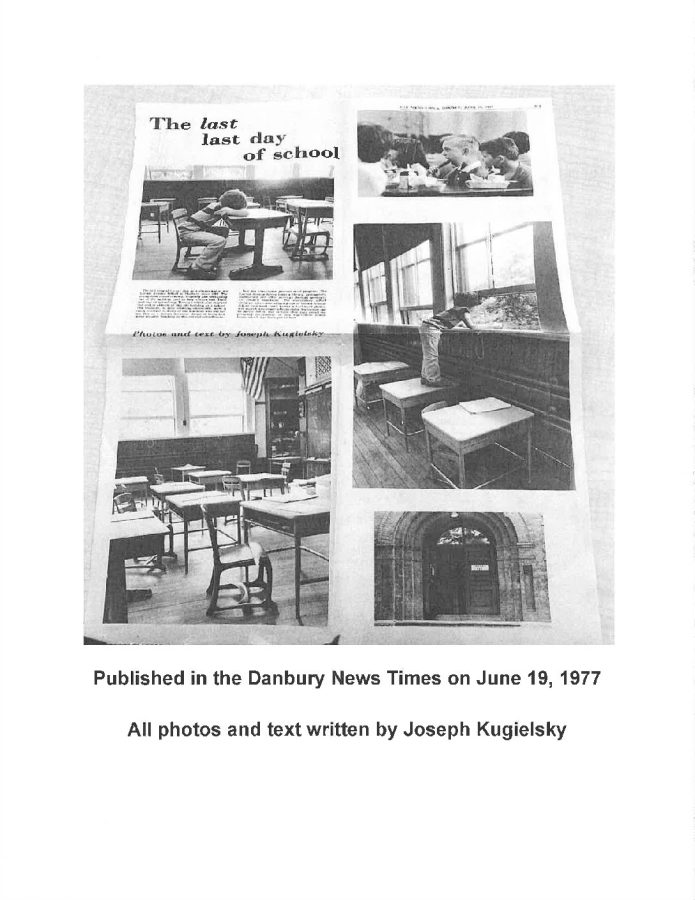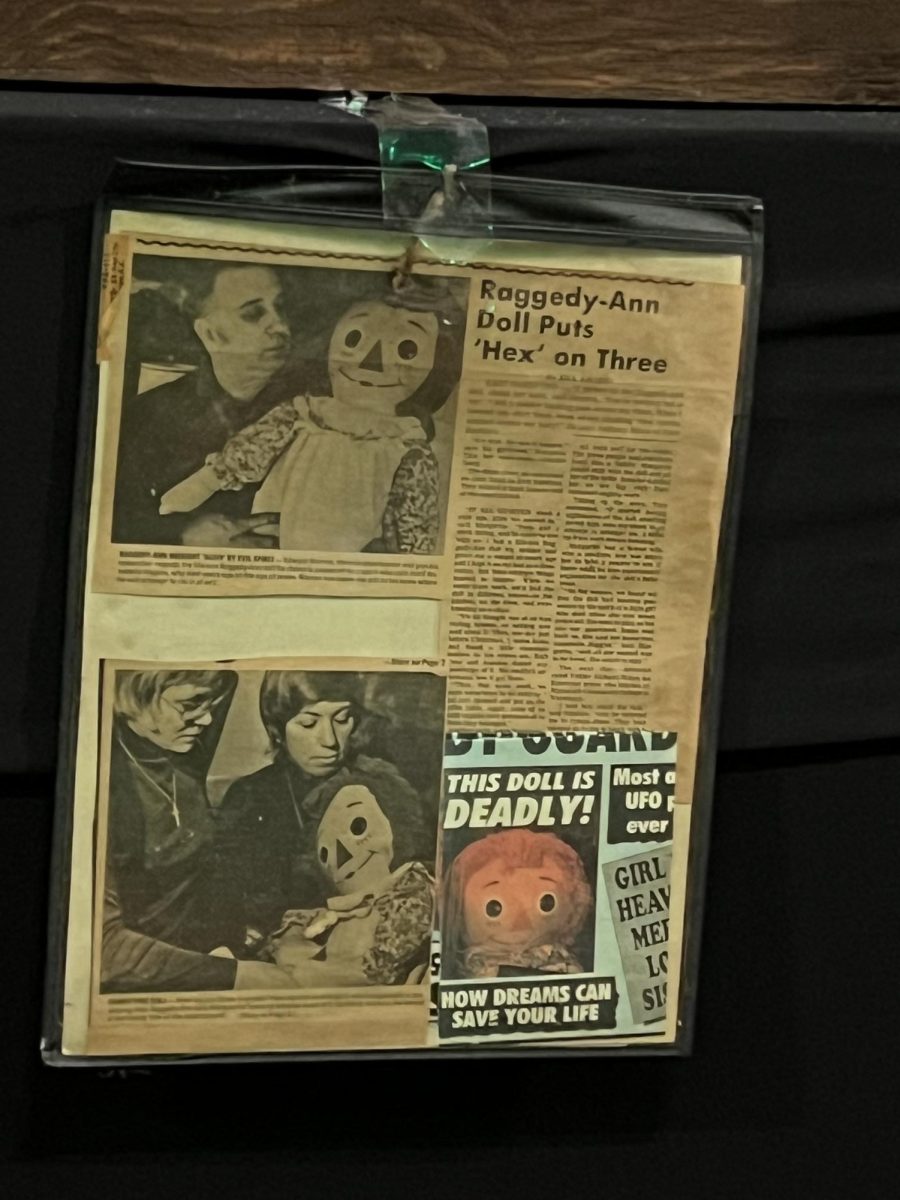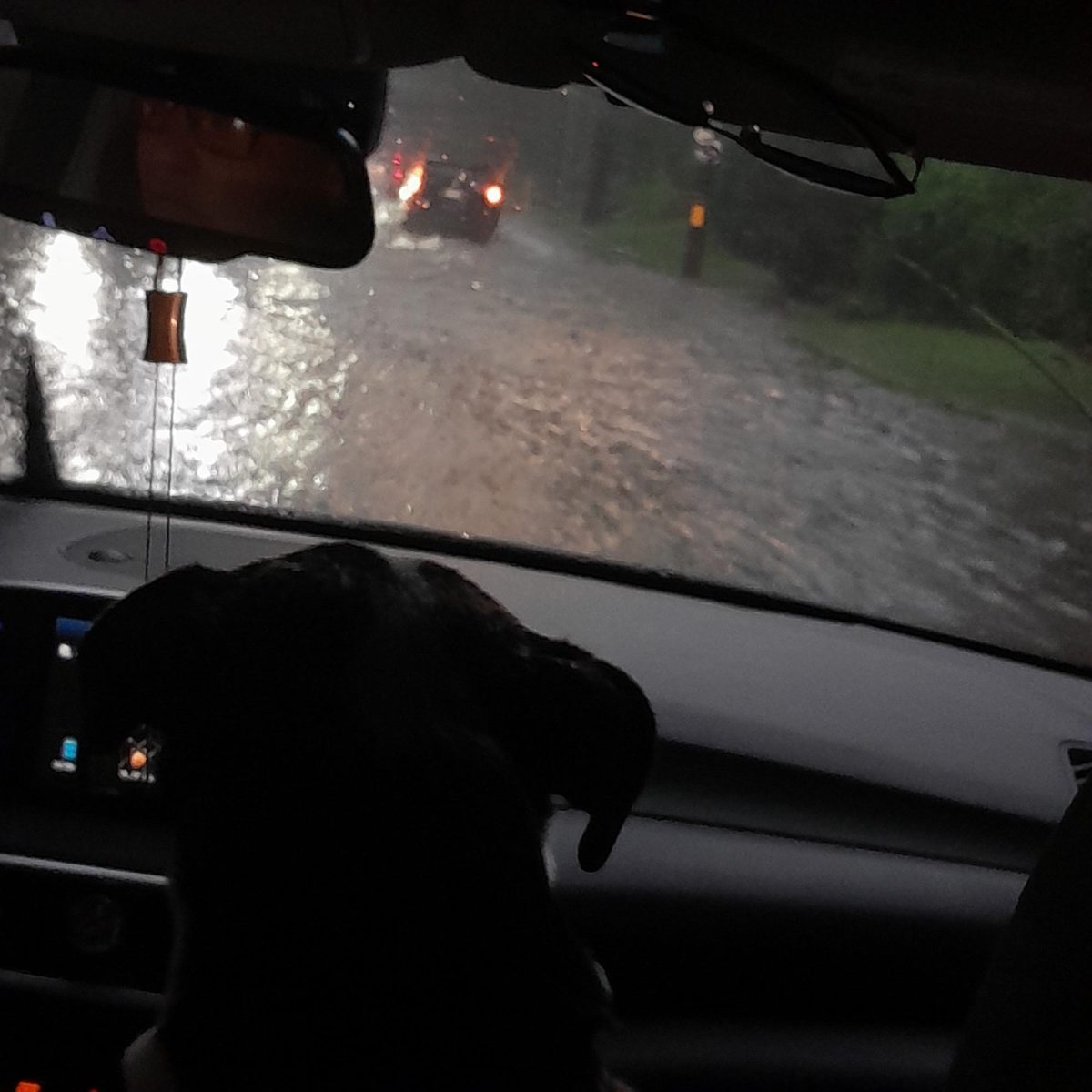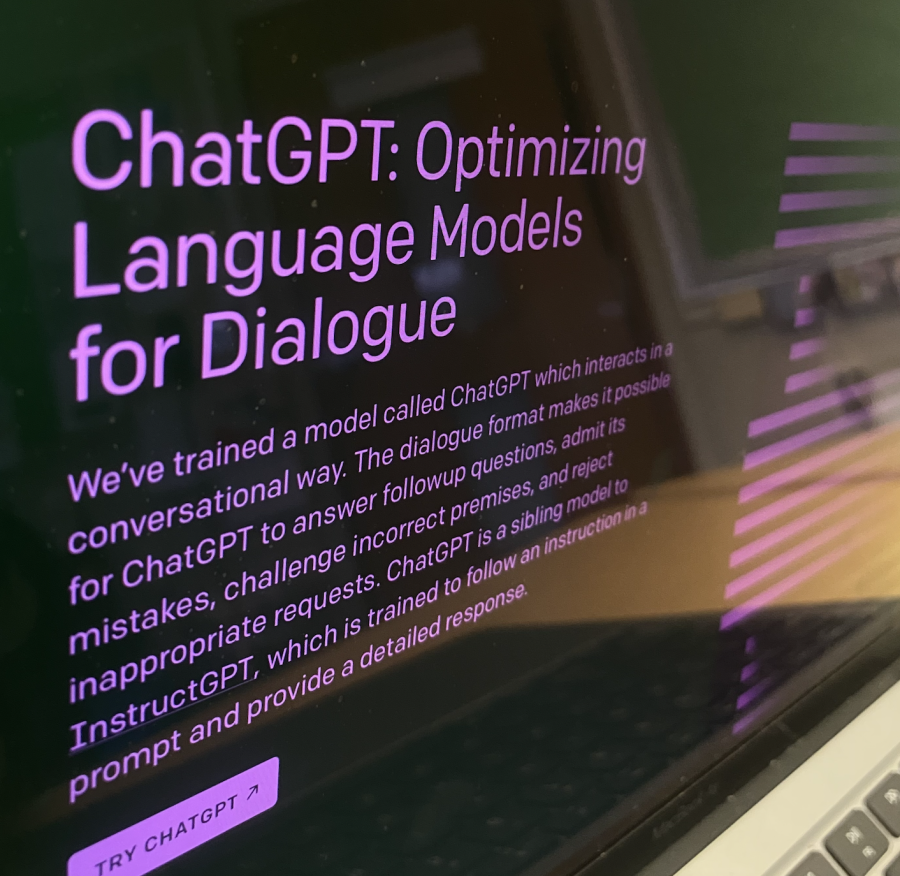Robots In The Classroom
February 23, 2023
Some of the hardest-workers in American public schools may not be the students themselves, but rather robots.
Artificial Intelligence (AI) has made tremendous strides in recent years, with one of the most notable advancements being its ability to generate written text. AI writing technology uses deep learning algorithms to analyze vast amounts of text data and generate new text that is coherent and grammatically correct. This technology has the potential to revolutionize the writing industry by making it possible to generate large amounts of high-quality content in a fraction of the time it would take a human writer. The use of AI writing technology is already widespread in areas such as journalism, where it is being used to generate news articles and reports, as well as in marketing, where it is used to create product descriptions and ad copy. The potential for AI writing technology is enormous and its continued development and refinement will likely have a significant impact on the way we consume and create written content.
The previous paragraph was not written by a human, but by ChatGPT – a program created by OpenAi CEO Sam Altman. With the capabilities of artificial intelligence seeming to expand quicker than ever in the last two years, the prospect of students using it to complete work is slowly creeping up on American teachers.
“I’d be disappointed at the thought of students using Ai to do their work rather than coming to me for help,” says ACE English teacher Melissa Lasky. “I’d be more offended, though, that they didn’t think I’d catch it.”
OpenAi, the company behind ChatGPT as well as various other Ai-technology platforms, has recently released its own – Ai-powered, mind you – artificial intelligence detector. The reliability of these checkers, though, is debated by teachers.
English teacher and Alternative Times founder Joanne Tolles is uncertain about the topic. “There’s a number of these checkers, and I’ve used them, but they can only estimate a percentage of accuracy,” says Joanne. “Since it’s all new tech, it’s a mystery.” Regardless, Joanne believes strongly in academic integrity for ACE students. “Without a citation, it’s plagiarism, and I’ll take proper action by the policy,” she says.
With last year’s revolutionary boom in artificial intelligence carrying over into 2023, there’s no telling what it may be used for in the near future.

